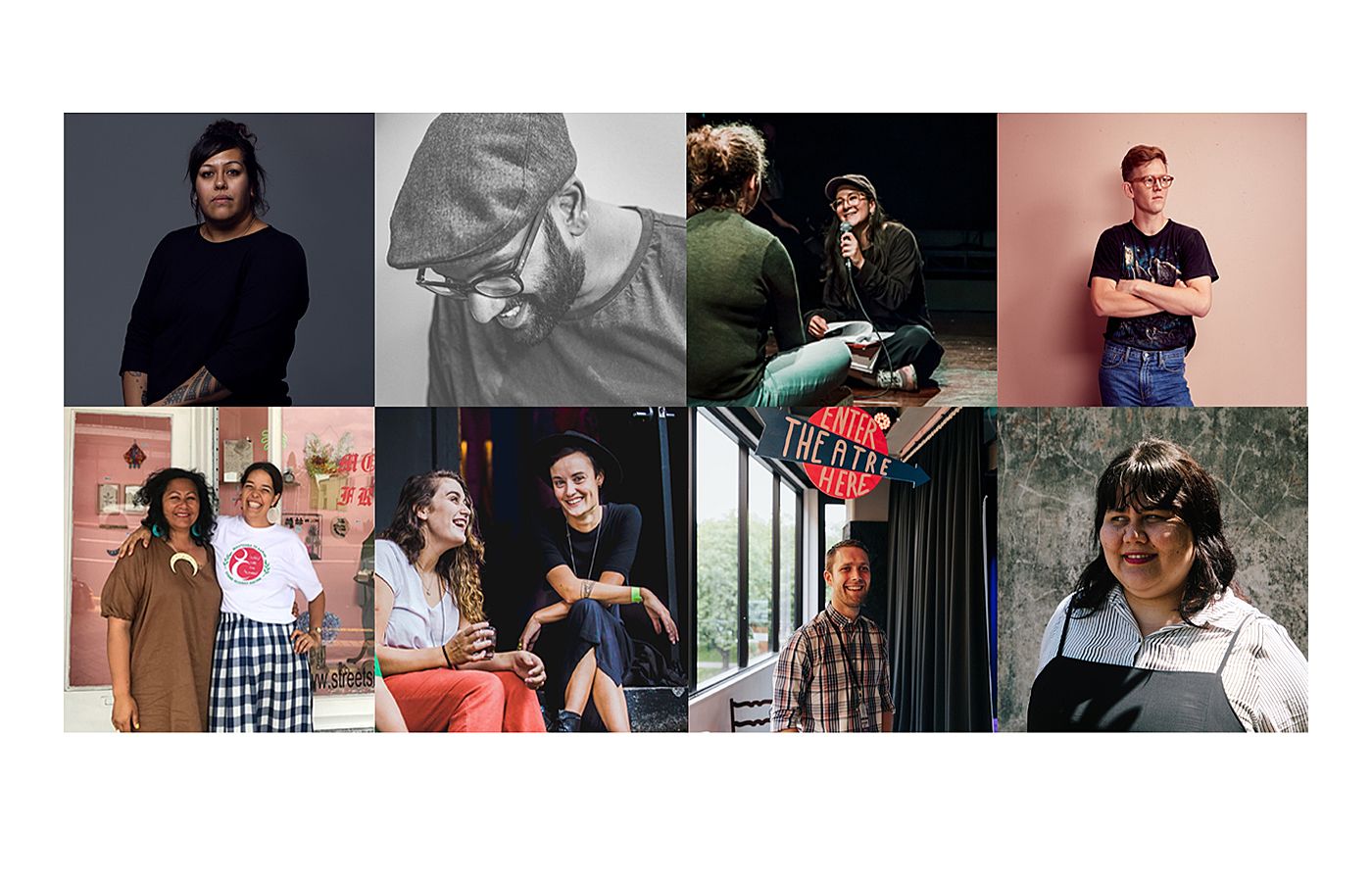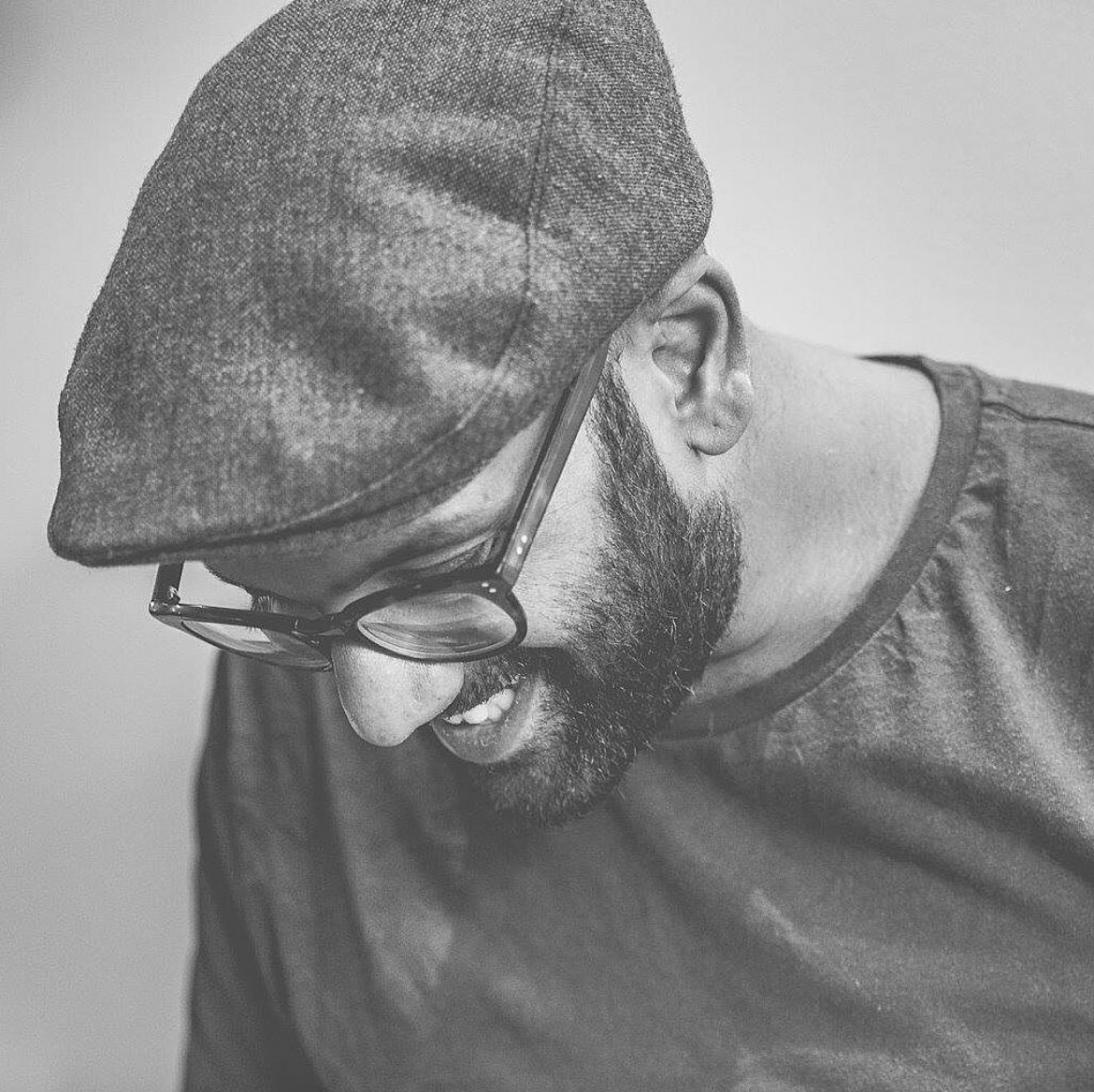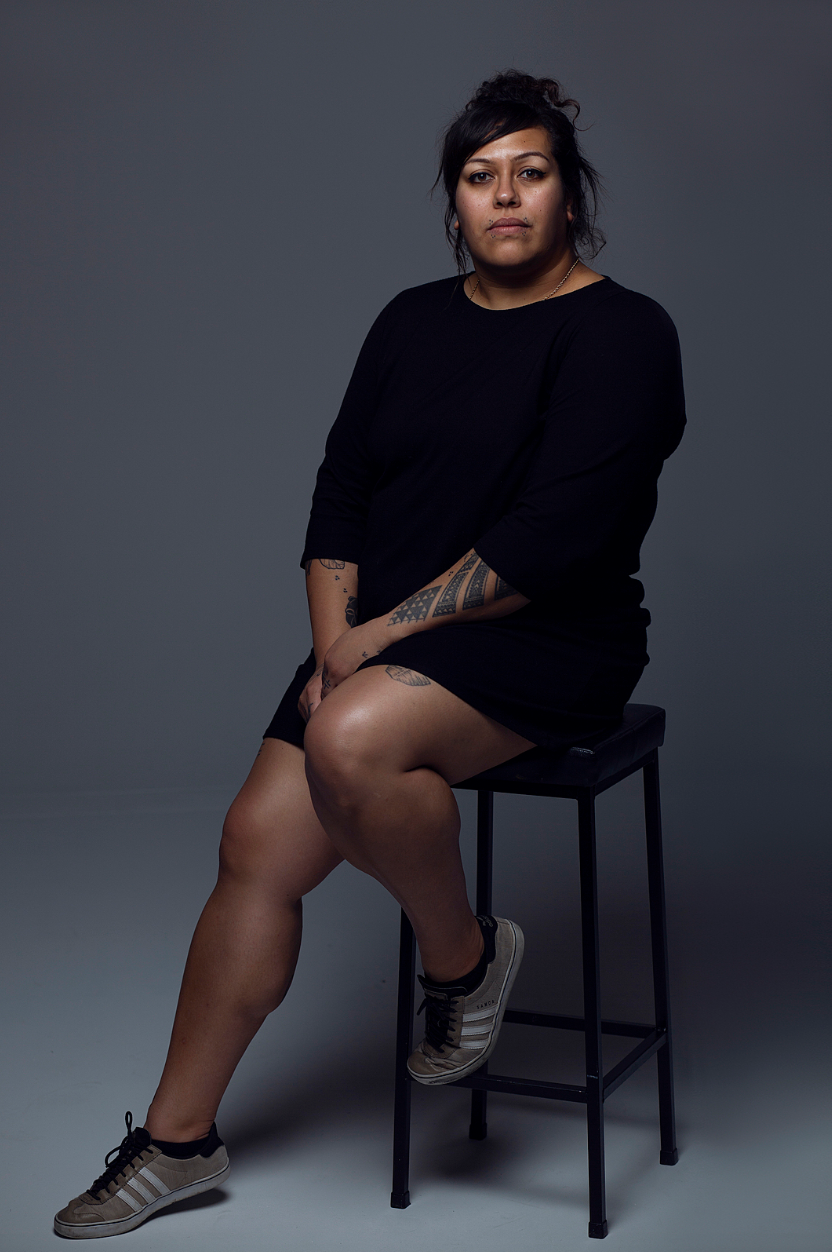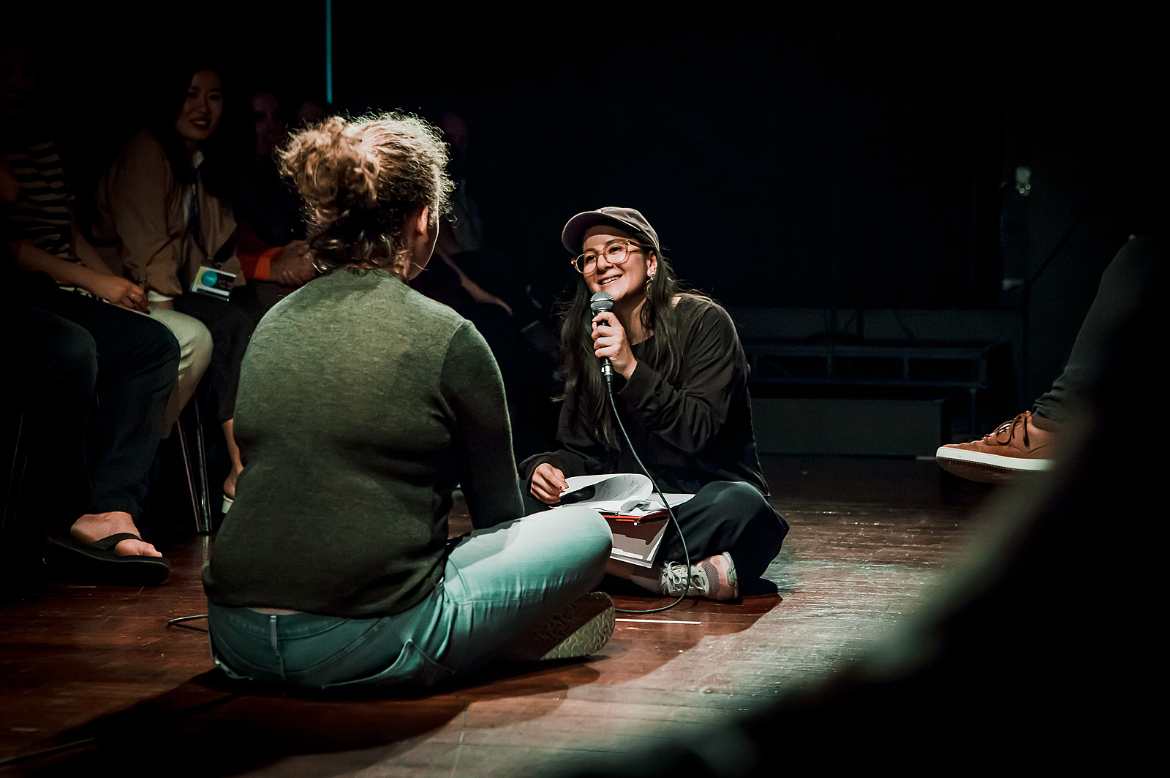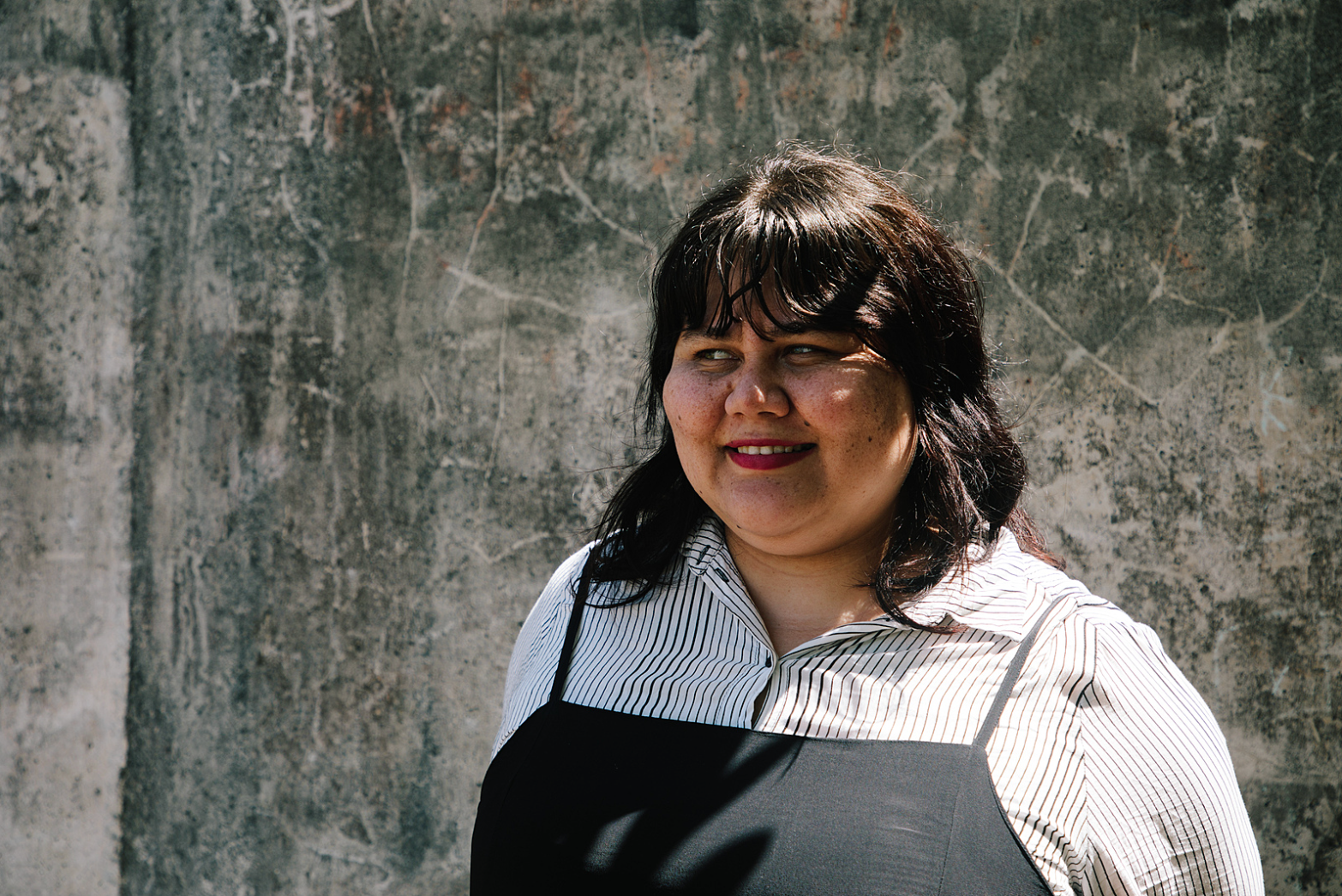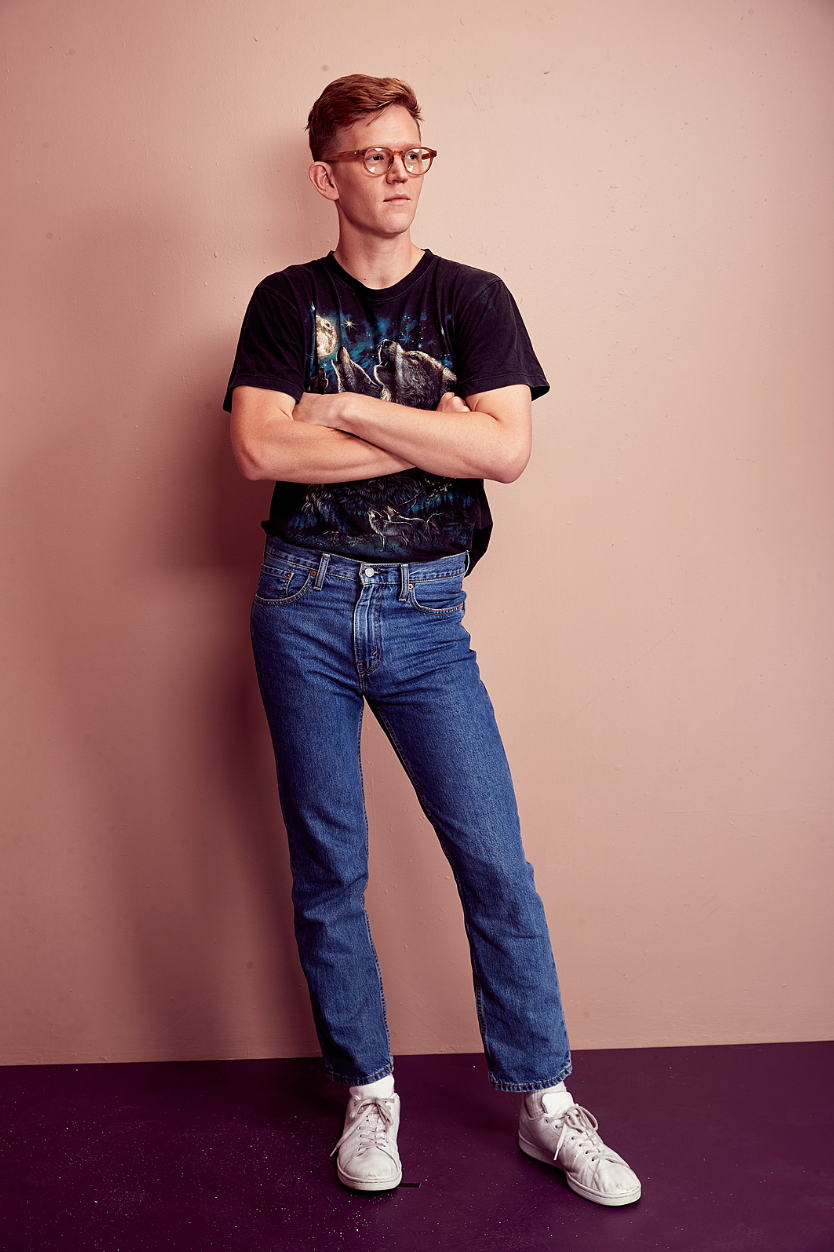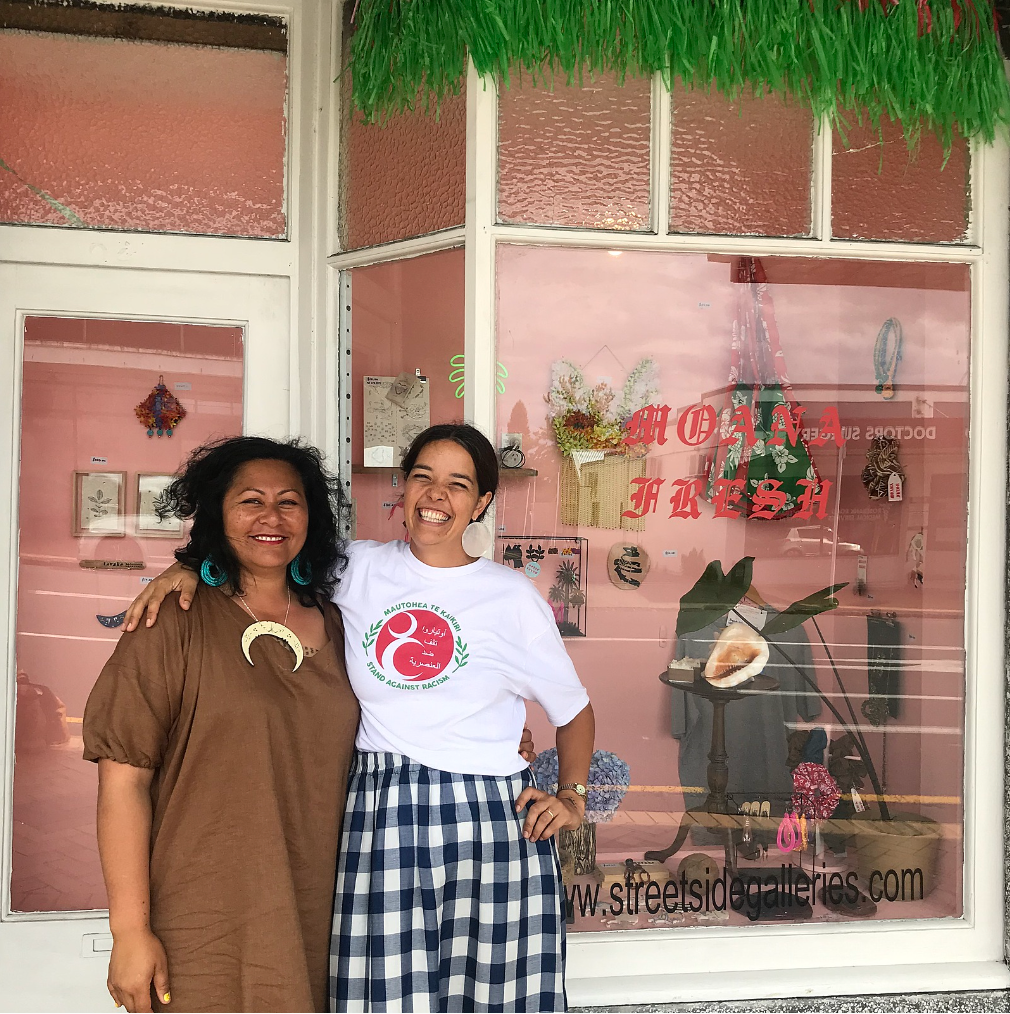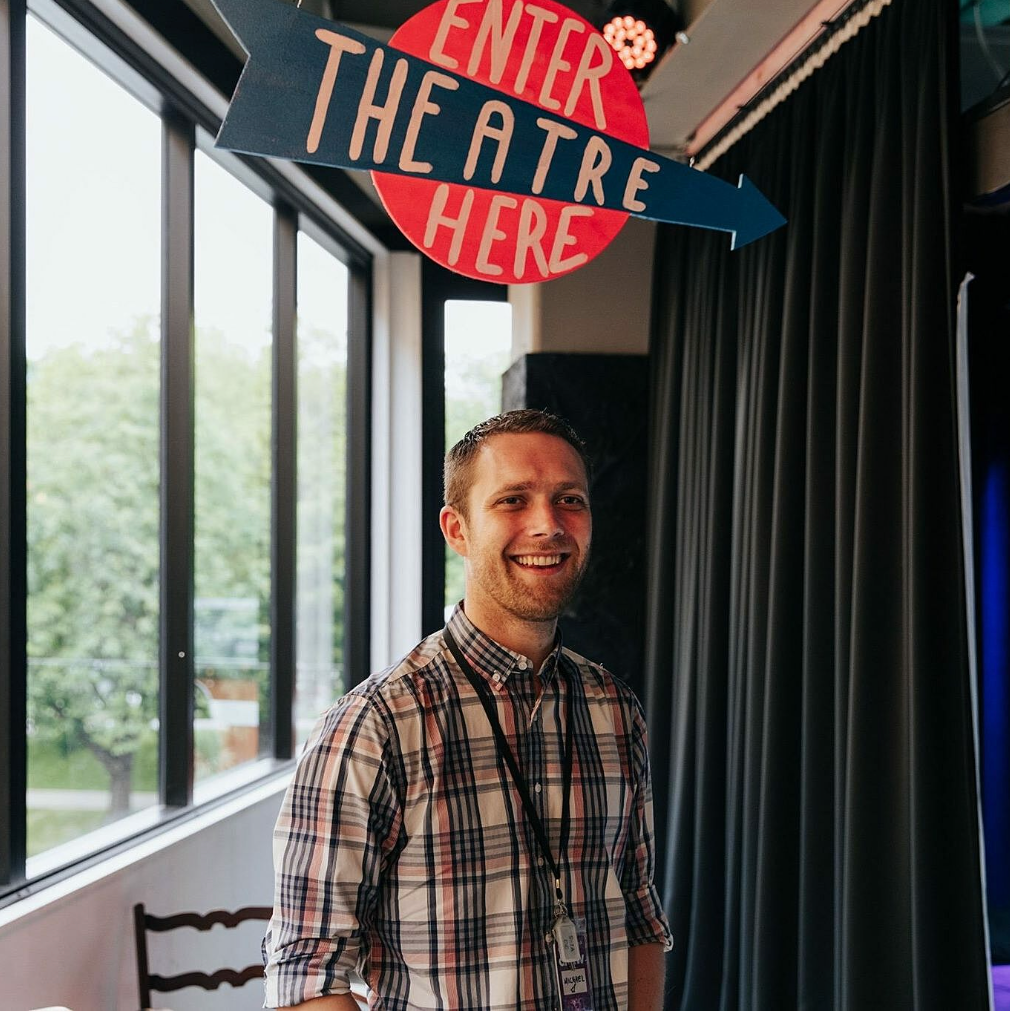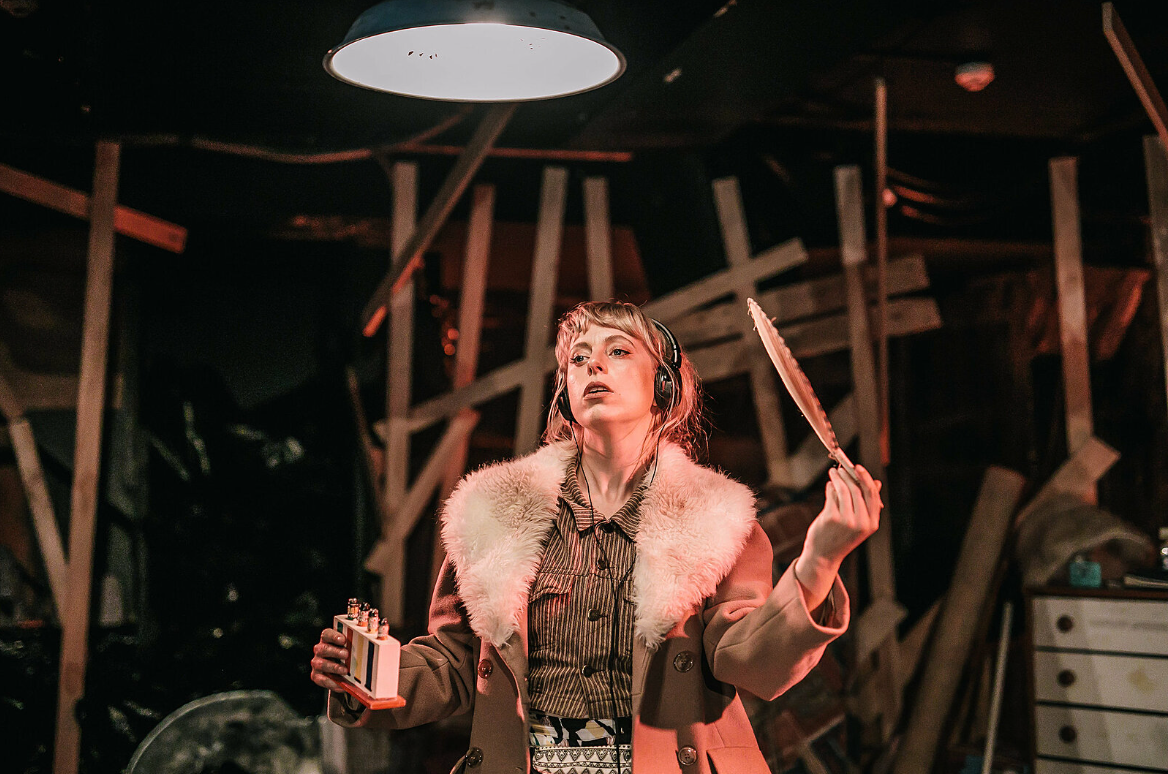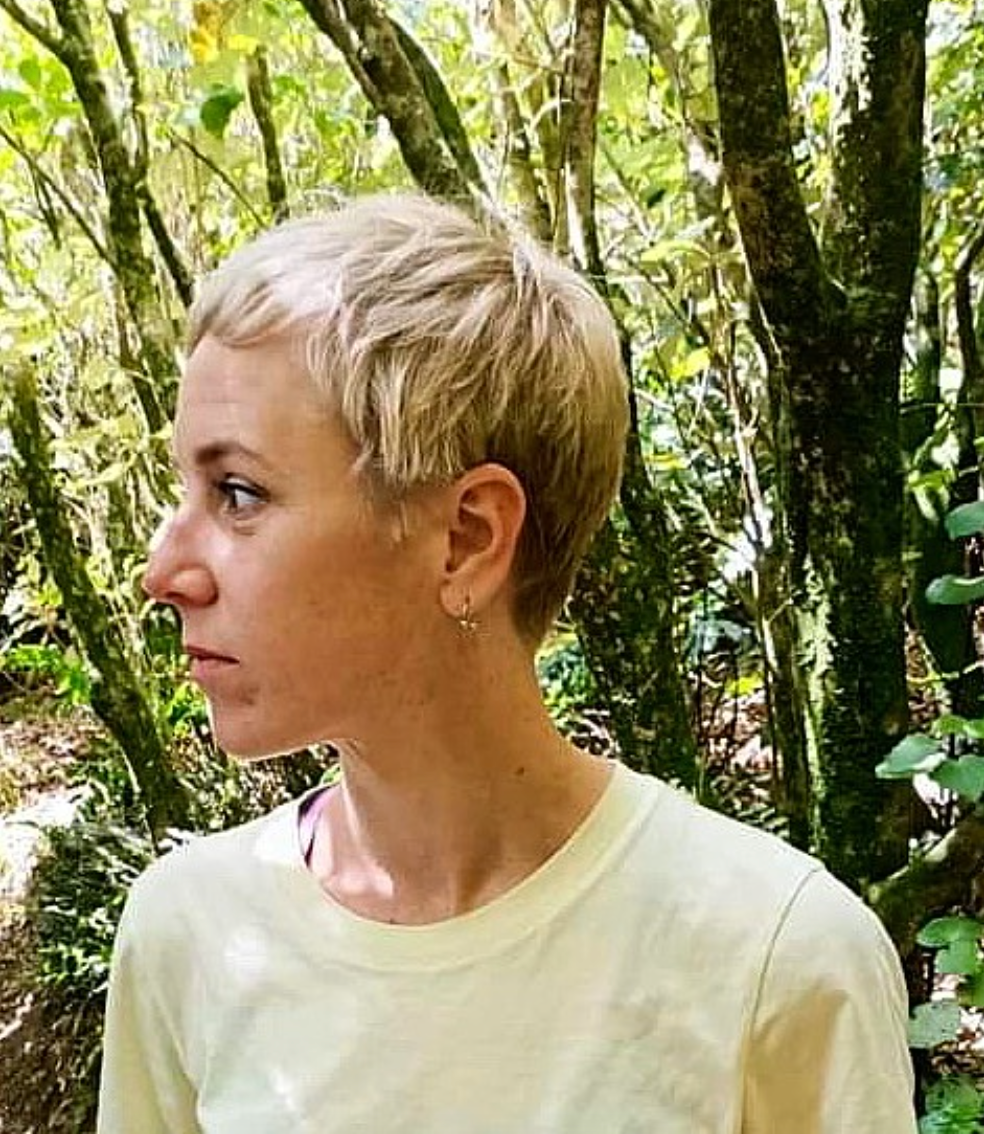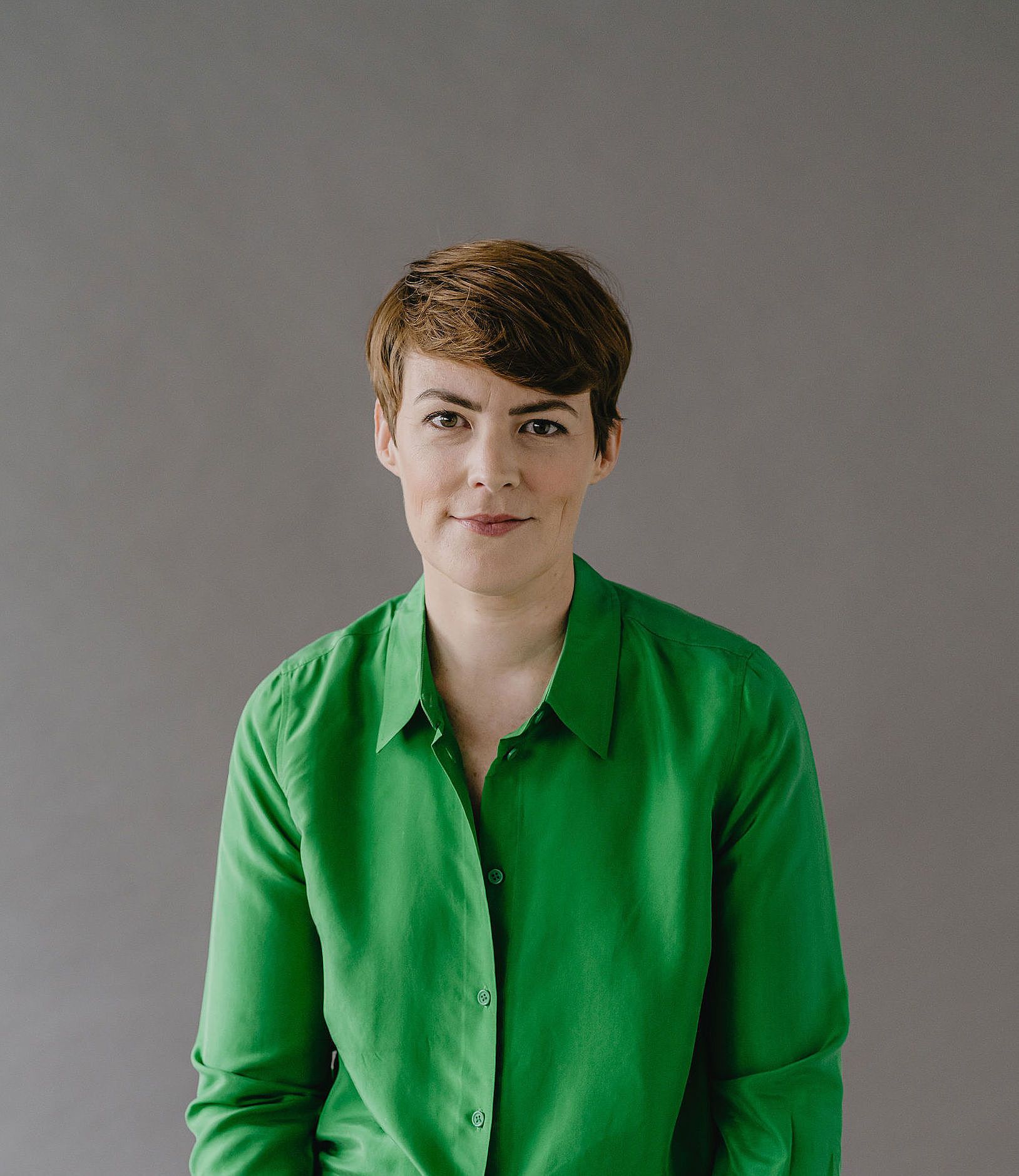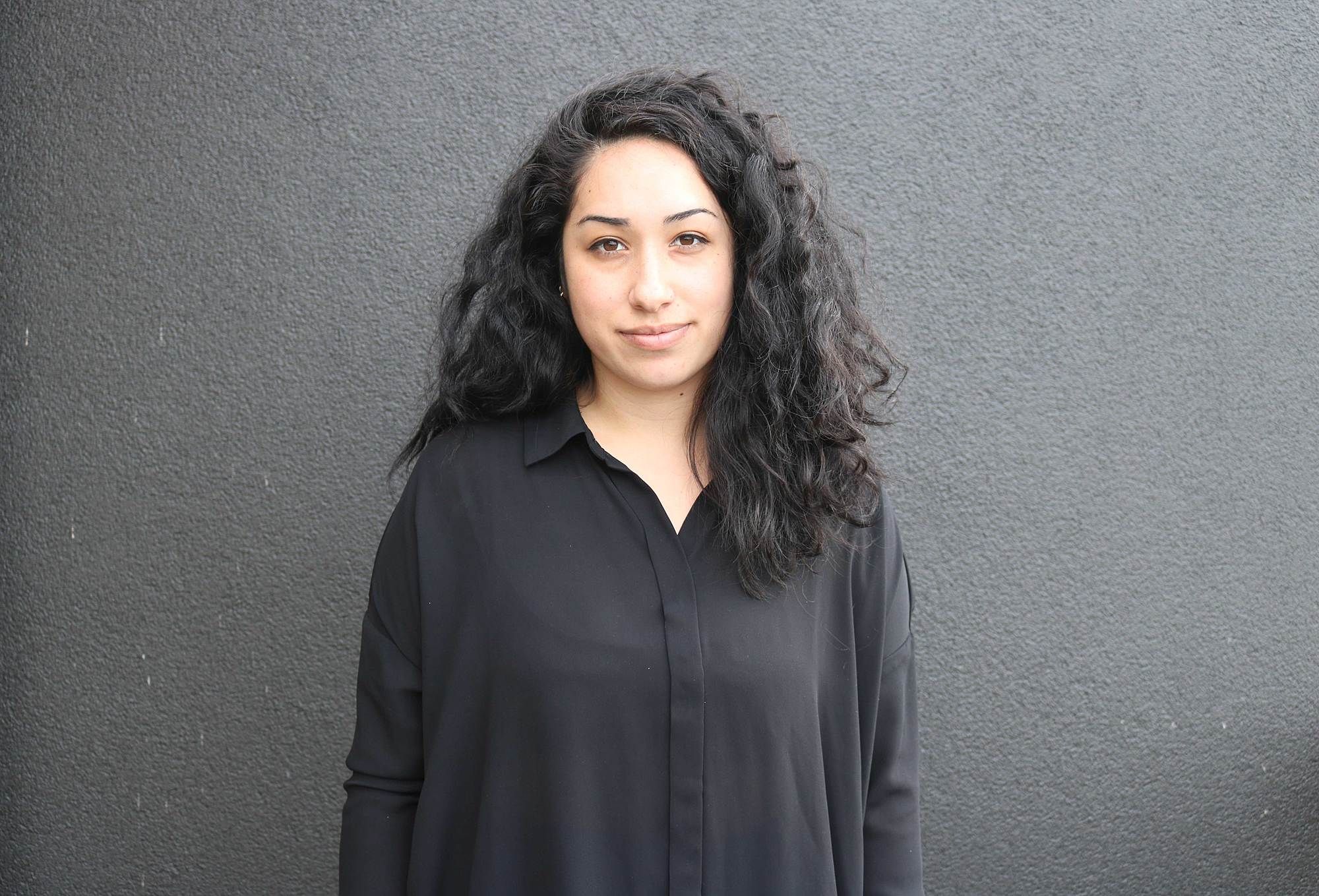Freelance Freefall: Covid-19 and Our Artists
Our freelance artists across theatre and visual arts are on the frontlines of the sector downturn. We hear from them.
While recurrently-funded arts organisations face a king hit from the onset of Covid-19, our freelance artists across theatre and visual arts are on the front lines of the devastating downturn. As Creative New Zealand devise their next steps, we hear from those for whom the effects have been felt immediately.
When you work in a precarious environment, you’re forced to cultivate a pretty resilient attitude. In the early days of Covid-19, artists and theatre makers were looking on the bright side. The odd joke was made about the potential of isolation as a means to make new work or to write new scripts. But everything changed over the weekend, when the significance of the pandemic came crashing in. It was clear by Monday that the consequences for the arts sector (and most acutely, for the performing arts) will be cataclysmic.
In Aotearoa, gatherings of over 100 people have been banned this afternoon (after an initial ban of over 500) and productions, festivals, talks and launches are being relentlessly (and rightly) cancelled and postponed. Overseas, major art galleries and theatres are being completely closed, with uncertainty on how long closures will need to last. In addition, borders are shutting people out (and in) with flight schedules dramatically changing. All of these factors compound to confront artists and arts workers in very real and dire ways. Art isn’t one of the basics of human survival, but for their livelihoods, thousands of artists and arts workers in Aotearoa rely on public spaces, the communal experience and international exchange.
Now we’re all scrambling to come to terms with the impacts of Covid-19, how to be responsible citizens during this time, and just how we’re going to survive.
On 17 March the government announced their Covid-19 Economic Response Package, which we hope will go some way to supporting our artists, entrepreneurs and arts workers during this turbulent time. We’ll still need to wait to hear what plans will be put in place by our arts funding body. While there are no immediate announcements like that which came from Arts Council England, Creative New Zealand have stated that by 31 March they’ll have a plan to help the arts sector through the crisis.
While recurrently-funded institutions with staff on permanent salaried positions will feel huge impacts now and into the future, the arts sector is fuelled by the work of independent, freelance contractors. These are workers with no annual leave, insurance or redundancy pay-out to fall back on. Established artists often have the ability to save for when the work is leaner, but emerging independent creatives, producers and entrepreneurs work from invoice to invoice with little to nothing in reserve. Schedules are booked up months in advance to ensure the invoices keep flowing, and now calendars have been cleared.
As Creative New Zealand devise their next steps, we wanted to hear from these voices; those who rely on established organisations for their income but who are sometimes in danger of getting drowned out by those same recurrently-funded organisations – who have direct relationships to Creative New Zealand – when it comes to policy and decision-making. The impact on the freelance workforce is huge, and growing. This is what it looks like.
Note: If you are a New Zealand-based self-employed arts practitioner like everyone in this article, you can apply for the Covid-19 wage subsidy here, and there's more information here.
AHI KARUNAHARAN – DIRECTOR AND PLAYWRIGHT
@ahilandro
Image: Photo Adventure
In a matter of three days, I have lost three festival engagements, a couple of workshops, a tour and a series of classes and appearances that I had lined up for the next 10 weeks. In dollar value that comes up to about $15,000 in revenue. All of these projects have been cancelled so there is no space or opportunity for this to occur later in the year or to make back that revenue.
The climate within which we operate is shifting rapidly. Taking it day-by-day seems impossible when we are shifting minute-by-minute and all I seem to be doing is playing catch up. It's been difficult to focus, impossible to create. A constant distraction/disruption on a loop of white noise. It's like being in an eternal production week constantly modifying our back-up plan.
We really need to remember humanity and kindness. I think within our arts sector there is an understanding and a shared experience that we are all collectively being impacted by this. A week of not being able to practice or share my craft has had huge emotional and psychological impact, and as we move forward it may take other forms, so I hope that we continue to support one another, check in on each other.
Theatre and live performance for me is about breaking down isolation – those social distances that we create in our daily lives and to come together as a community to share in a collective experience. Whilst it's still possible to engage with various other art forms, theatre requires us to be live and present in the same space as the performer and the audience, and not being able to do that in this climate, especially for the artists that choose those forms is devastating. It’s devastating for our makers and for the sector.
EMA TAVOLA – DIRECTOR, VUNILAGI VOU GALLERY AND COMMUNITY SPACE
@VunilagiV
Image: Pati Solomona Tyrell
The need for social distancing means no events, and it highlights how non-essential our arts services are in the current climate. Although we know the need for arts as a society, we do not need art right now. Personally, my heart is broken – I’m feeling really broken. For Vunilagi Vou, the future is uncertain as an economic recession means we will inevitably have to close our physical space.
A loss of foot traffic will mean looking to online commerce and existence as the only viable revenue we can generate. This is something we haven’t had the capacity to deliver to date, so a re-think of our business strategy is necessary.
At this time, I’m struck by the inequalities that our arts culture is built on; I see the number of creatives seeking support from social welfare when contracts get suspended and gigs cancelled. We live on crumbs, and that existence makes us so vulnerable. I look at organisations like ours, as delivering so hard on the arts-sector objectives that Creative New Zealand promotes, but organisations that get major sector investment seem to be held less accountable and their financial cushioning will mean that they inevitably survive through these uncertain times.
Like the courageous decision-making we have seen from our current government, I need to see Creative New Zealand’s strategy for supporting the creative sector as a bold re-thinking of how public money can and should be invested. Trickle-down economics is as much a myth and fantasy in the arts as it is in wider society; we need our grassroots arts communities to be able to exist, just simply exist, in order to generate the content that larger organisations use and amplify to mobilise their own growth.
But in terms of Vunilagi Vou’s survival at this time, we just want to see that our communities are safe. We’re preparing to process all our pending artist payments this week, to get as much money into the hands of artists as possible. We’re setting up online sales for the stock we’re currently holding, and whilst the foot traffic is low, we’ll be making a fuckload of online content!
SARA BRODIE – INDEPENDENT THEATRE AND OPERA DIRECTOR
Within the past 36 hours, five of the eight contracts I had lined up until the rest of this year have been cancelled or postponed. I also expect another to definitely cancel and the other two companies are not in a position to comment as yet. There is no payout in these situations, nor have I been asked to pay anything back. The current financial loss of those confirmed cancellations is $34,000. There could be another $18,000 before the end of this year.
I expect this to continue, or have a knock-on effect to contracts next year. I should point out that these fees seem very healthy, but in freelance land this was a very good year of bookings, which meant I could put some savings away for the lean years. I was lined up to do ten shows in five different countries this year. Our fees in New Zealand have been either going down or staying fixed over the past five years – which means that creatives and performers are forced to cram as much work in as possible to survive. I have been working overseas and in New Zealand to keep my career afloat. What is not covered is all the pre-planning work I have done on future projects that have been cancelled before the due date of payment of fees. On three of these productions the work has been considerable. It isn’t realistic to expect compensation for this, and I don’t. What we need most is acknowledgement for our profession and the impact this is having. We will all be queuing for income support like all the other people who have lost their sources of income, given the 'new now'.
Stability and clear messages are what we need. I had been talking, prior to Covid-19, to many of my colleagues who were feeling frustrated by receiving mixed messages from CNZ. Differing advice was experienced by colleagues, encountering Arts Advisors not empowered to advise. I think the closure of the Fortune Theatre [in Dunedin] contributed also to a sense of fear and mistrust. As an industry, we are doing what’s viable. But prior to recent events, I was about to address this issue of trust through advocacy. What we need now is a clear response to give us hope and trust in our government agency to assist us. Stephen Wainwright has commented recently that, "Future planning is important." We await further instruction as the situation develops, and some stable ground in the face of these unprecedented times.
I fear for the younger versions of myself who live out of suitcases and don’t have homes to go to.
ALICE CANTON – INDEPENDENT PERFORMANCE MAKER
@Miss_Canton
I cancelled my Basement Theatre show Year of the Tiger this week because I couldn't compromise the safety of my audience. This cancellation leaves me in debt – no revenue from box office, but I've sunk thousands into overheads such as venue fees, marketing and personnel costs. I've got outstanding invoices to pay and no money coming in, so I'm not quite sure how I'm going to settle [them]. I haven't got the stamina to look ahead quite yet. My boyfriend lives in Melbourne and I split my time between here and there. The recent flying freeze means we won't see each other until July at least. I just hope he can hold his job and stay safe.
The financial loss to date is ugly, but I've currently got a side job I can do in the interim. My flat is having a meeting tonight to talk through our contingency plan (i.e., if someone can't make rent) because all six of us are freelancers.
In the short term this is particularly devastating for theatre, because there just won't be a theatre sector. Venues close, people lose jobs, people can't pay their bills. Fuck, job-seeker benefit? In theatre, we can't just take our laptops home and work in our bedrooms. Like hospitality and retail, our sector requires people to leave their houses and have live experiences in a shared space with other strangers. Which seems like a big fucking compromise right now. So, despite us being fucked, I'm absolutely not going to encourage people to do that. Mitigate the risk of spread, and stay at home.
Update: I've learnt this week that this event is a trial of leadership. My faith in the people at the top of our arts organisations to do the right thing is wavering. This week I’ve learnt that crisis management definitely isn't many of our theatre organisations forté. We need strong indicators and clear communication. We don’t need waiting and looking at others to make the call. Just cancel the gig, close the venue, and let everyone know so we can move forward. If you don't know what's going on, then tell us you'll update us soon – silence creates speculation, and no one needs that right now.
Going forward, we need strong leadership and determination from our sector; being proactive, not reactive. We need people to consider the collective and stay buoyant.
NATASHA MATILA-SMITH – ARTS PRACTITIONER AND PACIFIC CURATOR-IN-RESIDENCE, QAGOMA
http://www.natashamatilasmith.com/
Image: Emily Parr
I'm currently in Brisbane, in my new role as Pacific Curator-in-Residence at QAGOMA. Last week I was anxious to meet my new job requirements and to meet a lot of new people, and this week I'm anxious because of the rapid spread of Covid-19, not only in Australia, but in New Zealand also. In Auckland I live with an 81-year-old woman, so I can't go home when I get there on Monday. I've had to consider staying in Mum's garage. I'm also wondering what will change between now and then, as things are happening so rapidly. Galleries will soon be closing. I've already drastically reduced how much I go out in public.
I have not felt any financial loss yet. I don't rely purely on selling works to get by, but my job is quite online-based. Also, as a freelancer, I can conduct meetings on Zoom, check emails online and correspond in this way too. As a creative, I think we have the ability to creatively problem-solve and help the arts and OTHER communities at this time.
We are all going to be impacted, but some more than others, so I think we all need to be a bit more sensitive from now on. I also think, as a person with a mental illness and anxiety, that I would like people to consider the way they talk about the coronavirus. We need to have more hopeful conversations. At this point, education is important, but so is hope. I read a text that said “fear is more contagious than disease” (I paraphrase heavily), but panic also affects the immune system, so there you go.
LYDIA ZANETTI - INDEPENDENT CREATIVE PRODUCER
@zanettiprod
My company Zanetti Productions produces Aotearoa New Zealand work locally and internationally (with over 50% of our events in 2019 happening overseas). In essence my part of the sector has disappeared as venues close around the world. We are pulling international tours, I’m not able to do local work (as I’ve been touring overseas recently), and foreseeing an economic environment that doesn’t have the disposable income to attend events (even if the physical and mental health allows).
We have cancelled tours, with no potential ways of filling these gaps and realistically no further tours possible until at least September, more likely 2021. This means, as we have no infrastructure support, that we have no income for 2020. This affects me, but also every artist I work with (this includes technicians and designers) as well as venues, publicists, poster printers, lighting hire companies, festivals and more. As an individual I could look for work in other organisations or in hospitality, but there is currently none going and there won’t be for a long time. In essence, I am unemployed for at least 6 months. I have talked to a number of people in my field, with most people estimating losing at least $30,000 in the short term.
This isn’t just me, it’s every person in the independent sector - in theatre, music, events, dance, visual arts, literature, and more.
I don’t believe I’m being alarmist, now is the moment to be visionary. Our government moved quickly and I don’t see why our arts council and subsidised organisations can’t draw similar lines in the sand – in action and advocacy.
Many of my friends in this sector overseas are self-isolating as a precaution, or because they/their loved ones are at too much risk physically. Increasingly people in our Aotearoa independent community are doing this too. What happens if you don’t have whānau or an easily-isolated place to return to? Or someone to make sure you have food? What if you are othered, say, a queer person who can’t spend extended periods of time with family?
Now is the time, not tomorrow, to advocate, to speak, to be heard. On Friday our Arts Council is making calls – the independent sector must be heard before this, and not just the core funded organisations (although god knows we need them too). If anyone wants their experience passed on to our Arts Council I am collecting responses and will make sure they are with them before this meeting.
I believe the performing arts sector is the meeting of people to create what Uther Dean calls an empathy machine. Not being able to meet in one place is going to be very difficult for this sector, but I hope that with some financial support from our arts council we can find other ways of art connecting us at this time. Please take this seriously. It’s not about any one of us. It's about the vulnerable; it’s about flattening the curve so that our health system has a chance to cope; it’s about us surviving (physically, emotionally, mentally – as individuals and a sector) long term. Social distance yourself where you can, make sure you have a place you can isolate for 14 days, care for those around you. If you want a book list or links to online show archives hit me up: [email protected]
Arohanui to you all. xx
CHRIS PARKER – COMEDIAN AND PERFORMER
@crobker
Yesterday the New Zealand International Comedy Festival make the hard and right call to cancel the 2020 festival. Losing that festival is a great hit for New Zealand comedians – the preparation for the festival begins in October of the previous year, and already many have spent a lot of money. Losing those dates, I will 100% need to reassess how I’m going to make it through the year. It’s also sad to lose the jokes and writing that I had been crafting in lead up to the fest. I will still have use for them. But I was excited for my show. The cancelled New Zealand Comedy Festival is a big loss for me and if Edinburgh doesn't go ahead I could potentially make thousands. (Little joke there. Sad times, have to laugh).
Earlier in the week I cancelled a three-night run of my show in the Dunedin Fringe. Ticket sales were at an all-time low anyway, but I'll lose out on money I was going to make from ticket sales, not to mention advertising, flights and all that stuff that comes with touring. I'm fortunate as a performer that a lot of my income is made up through writing, which can be done from home, but I do really feel for those performers whose primary income comes from those live shows.
The decision to pull my Dunedin dates was a really hard one for me. To be honest I lost a bit of sleep over it. I’m sure Pantograph Punch readers understand this, but the majority of us performers don't have large teams around us who help us make these decisions. It's just me with my performer, producer, publicist hats on, playing moral gymnastics in my brain about how to best move forward. You feel a great deal of pressure and responsibility. The team at Dunedin Fringe were a great support and have done the right thing calling off the Fringe entirely. New Zealand Comedy Festival have also shown great leadership caring for their performers and public. These strong, decisive actions by our arts leaders create great relief for us independent performer/producers. We are looking up to them to help guide us in making the right call. To just say "the decision is up to you" doesn't feel like enough.
A lot of us in comedy and theatre pay rent from paycheck to paycheck. It's hard to accumulate savings in this industry, so when the lights go out and gigs begin to be cancelled we feel the effects immediately. Another unfortunate outcome is that hospitality and retail are great ways to supplement income, as the hours are flexible and can work in and around gigs. However those industries will get impacted too, so it puts a lot of performers in really tight spots.
If you are struggling to make decisions, lean on support from fellow artists, and let’s give our advice generously. Last night our improv group Snort held a Zoom call (on Alice Snedden’s reccomendation), and we checked on each other and discussed as group how Snort can help Snort. It was a beautiful reminder of the power of company and I’m honestly a little teary-eyed right now thinking about the generosity of my comedy family.
Obviously our focus right now should be on social distancing and washing our hands, but my mind can't help but look into the future and wonder, when we do see the curve begin to flatten, how we build back up again and encourage audiences to come out and enjoy live performance and community. But it's happened before and we've bounced back, and it will probably happen again. In the meantime, be safe, be responsible and be kind.
AHILAPALAPA RANDS – ARTS PRACTITIONER AND CO-DIRECTOR, MOANA FRESH POP-UP SHOP
@moanafresh
Maila Urale and I started Moana Fresh last December. It was intended as a one off pop up shop to support local Pacific and Māori artists who have amazing practices but also need to make some bank from their work. We were in the midst of ambitious new plans to expand our promotion of Moana artists, looking at larger shared studio spaces and participating in an exciting new art fair. All of this has had to pause as things have been changing so rapidly. It's really disappointing but we are trying to find ways to keep supporting the artists we are working with by moving more towards online.
Luckily we were still at the research phase of expanding our business so we haven't been impacted too much yet however the future is really unclear. Because we still operate at such a small scale we may be able to weather it but the impact this will have on our artists who were starting to have a semi reliable income stream is yet to be seen. We intend to keep promoting and selling peoples work online but are assuming the demand for art will take a big hit as people prioritise their putea away from non essential items.
Keeping connected right now is so key. Keep an eye out for what we at Moana Fresh do online as we figure out how to navigate this and if you have the means to support these talented artists, please continue to do so. From a governmental perspective rent relief and wage support for small businesses would have a big impact and could mean that important arts and community spaces that were just starting to get a foothold in this whitewashed, elitist arts sector are able to survive this crisis.
MICHAEL BELL – INDEPENDENT PRODUCER, LITTLE ANDROMEDA FRINGE THEATRE
We've cancelled HEAPS of shows, but I think we're just scratching the surface of what's to come.
I hate to say it, but in Christchurch I've got really used to this kind of thing. In the earthquakes I had to cancel a bunch of shows straight away while we didn't know what was happening, then work out a slightly altered schedule once the actors were ready to carry on. In the temporary Little Andromeda tent in 2018 I had to cancel shows when the wind blew the thing apart. In 2019 I had to decide whether to cancel a show before we knew the full extent of the terrorist shooting. So not knowing what's coming tomorrow and whether shows are going to be cancelled and what performers and audiences are going to feel like doing on a particular day… is kind of just business as usual really. We just go with the flow, communicate with artists as much as possible even when there's not much new to say, and make sure we're following Ministry of Health advice.
It's a bit trickier for the artists, so we're upping their share of box office from 75% to 100%. But with the government funding package announced, I think is going to go a long way, and most of my artist friends should be eligible for that too.
STELLA REID – DIRECTOR AND THEATRE MAKER
@_star_jokes
I’m currently in a holding pattern, waiting to see whether the next few months of work are cancelled. It seems likely it will be, but beyond that, I’m not sure how comfortable I am being involved if it does go ahead. Right now, I’ve cancelled rehearsal and workshops for things in the future. That was unpaid work but valuable time when developing something.
The future is perilous – I find out tomorrow about my work for the next few months, which is difficult as I was moving cities for it. A career in theatre and film is all about momentum - you want to be on one job to be able to hustle your way into the next step. I’m on set at the moment working as an acting coach on a feature. I have a wild mixture of guilt and desperation when I think about continuing to work in this environment.
I think the arts sector could be more proactive. A lot of the decision-making when it comes to smaller scale venues cancelling and postponing has come down to the artists. The perceived financial loss is an immense pressure, and I can understand why any artist wants to go ahead. But I think it’s dangerous to give desperate people the choice.
I’ve always said I love theatre because I love an audience and an artist making the art together. I've enjoyed some of the progressions theatre has taken in recent times - getting to watch Forced Entertainment’s livestream of Tabletop Shakespeare for example - but [Polish theatre director] Grotowski said the one thing of which film and television cannot rob the theatre is the closeness of the living organism. As hard as it is in this current climate, I agree with him.
MEG ROLLANDI – INDEPENDENT THEATRE DESIGNER
On Wednesday we postponed our show that would have been opening on Thursday. It felt like the best decision to make – we didn't feel comfortable inviting people to be together in a space. This felt at first like a tough decision to make but as soon as we had, I felt so much relief. It’s very strange to have a show ready to go, all packed in, and then not share it with people. We've also just decided to cancel a tour and another new show that was set for a couple of months time. Any future work beyond May remains unclear.
I think government agencies need to provide clear ongoing support packages for artists and creatives for whom it might not be as straightforward to indicate loss of income or loss of potential income. I understand that the package released by the government this week does offer support to contractors and sole traders and acknowledge how amazing it is that our government has done this and at such speed.
I think ensuring people feel able to access any future support for artists is key, particularly for younger and emerging practitioners who have not had much to do with Creative New Zealand. It might be intimidating to access some of the support that might be available. This may not be best facilitated directly by the agencies specifically, but could be a case of working with people from the community as facilitators who have the knowledge and connections with wider groups beyond those regularly funded through Creative New Zealand.
I'm hopeful that we might be able to shift some of the culture that has been perpetuated by funding deadlines and performance outcomes, where it's hard to get funding for development or longer development processes. Support for artists to develop work over this time feels like an effective and productive way to use the resources to support artists to keep doing what they do and to develop their work. If Creative New Zealand is able to support venues who will otherwise be dark, to give artists opportunities to develop work in well-equipped spaces, it will be immensely beneficial for theatre and performance work generally, especially for designers who so often have little time in theatre spaces to develop their craft without the pressure of an impending opening night.
I think that ultimately we need to ensure that people feel safe and cared for. What has happened has exposed the fragility of our community as it currently operates. I hope that we can also recognise this and find ways to practically address the economic structures we've been operating within.
